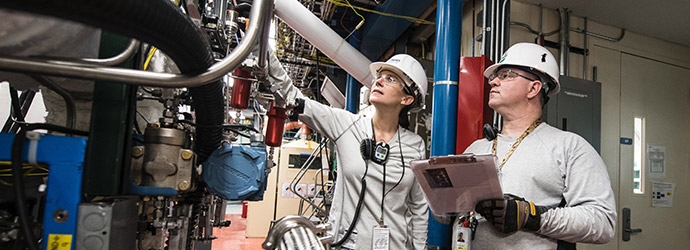INDUSTRIAL CONSULTANTS
Operating Procedure Development
What is a Standard Operating Procedure?
Standard Operating Procedures (SOP) are a very important component to maintaining a successful PSM Program. Not only are SOPs necessary for compliance under OSHA 29 CFR OSHA 1910.119 and EPA 40 CFR Part 68 68.52, they are a useful tool to assist in operating processes containing highly hazardous chemicals.
Completing the basic requirements will satisfy the stipulations of OSHA and the EPA, however Industrial Consultants, LLC prides itself in helping your facility exceed those requirements. We are dedicated to going above and beyond the minimum requirements by providing our clients everything they need to be in compliance. Each SOP we develop is tailored specifically to your process and equipment at your facility. In addition to developing comprehensive SOPs, we offer industry leading training to ensure all employees are properly trained over the new procedures put in place and how to operate your new process.
Operating Phases
- Initial Startup
- Normal Operations
- Temporary Operations
- Emergency Shutdown
- Emergency Operations
- Normal Shutdown
- Startup Following a Turnaround

SOP FAQs
The General Duty clause is typically sited to facilities that do not operate at OSHA threshold quantities. What this means is, even though your facility may not be technically classified as a Process Safety Management (PSM) facility, it is still the duty of the employer to manage how employees are safely interacting with the process. If your employer is not, your facility may face several citations. General Duty and Recommended and Generally Accepted Good Engineering Practices (RAGAGEP) apply to all processes containing highly hazardous chemicals.
